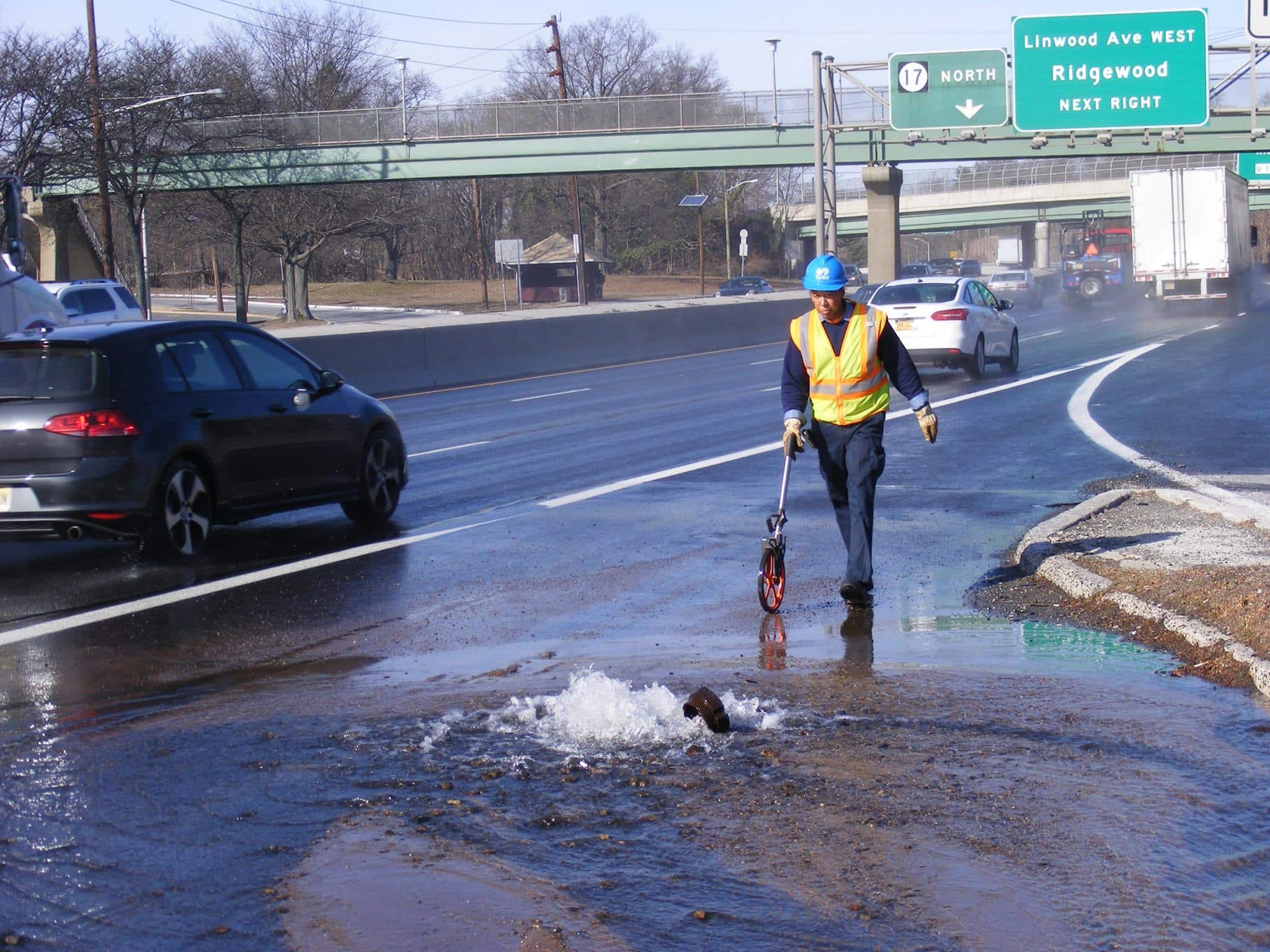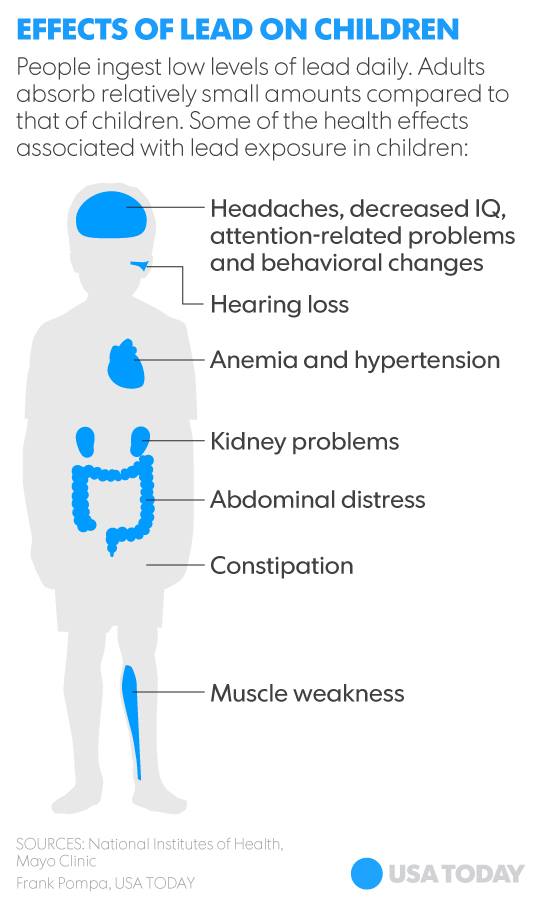
file photo by Boyd Loving
The underground infrastructure carrying water, sewerage, gas and electricity is essential to the lives of every business and person in the state, yet it is in a horrendous state of disrepair. As the owner of a real estate firm that secures underground easements for some of the state’s largest utility companies, I can say with confidence that our underground infrastructure is at a breaking point. If we do not invest in upgrading our underground infrastructure, it will only be a short matter of time before a critical infrastructure failure leads to a public health and safety crisis.
As an example, water suppliers estimate that New Jersey loses 33 percent of drinking water each year just through old, leaking underground pipes. This is enough clean water to fill several reservoirs. However, the few times that our underground infrastructure receives any media attention is during “large-scale” catastrophes, such as when a water main bursts, a blackout occurs, a gas pipeline explodes — or worse, we find dangerous levels of lead in our water supply.
If we do not act on improving our water infrastructure, we risk a lead-water crisis similar to that experienced by the businesses and residents of Flint, Michigan. Only after public outcry and national media attention, the U.S. Congress approved emergency infrastructure funds totaling $170 million in September 2016 to begin critical work on Flint’s lead-contaminated water delivery system. Similarly, New Jersey has water infrastructure the same age or older than Flint. We must find the means to fix New Jersey’s aging water systems before they degenerate from bad to worse.
The cost of repairs is enormous, but the cost of inaction is far greater. According to the Water Research Foundation, funding water and wastewater upgrades around the country could cost $650 billion over the next 20 years. However, as these small- and large-scale problems become more commonplace it is incumbent on our state’s elected officials and decision makers to work with our utility providers and begin crafting comprehensive plans to fix New Jersey’s hidden infrastructure. Smart infrastructure improvements now will benefit ratepayers, create jobs and generate greater investment in our state from the business community.
The New Jersey Utilities Association noted that over the past five years, six companies have spent nearly $2 billion on water delivery system upgrades. This is a good start as these infrastructure investments already have created thousands of new jobs and pumped hundreds of millions of dollars into New Jersey’s economy, all while improving utility delivery to end users.
Now the Joint Legislative Task Force on Drinking Water is diving head first into ways we can address our drinking water issues. With the Legislature and governor coming together with the business and labor community to support an increase in the gas tax that ultimately put the state’s Transportation Trust Fund on solid financial footing, I believe that the timing is right for our residents, business leaders, labor unions, and elected officials from the governor down to local mayors and council members to join together and work on a comprehensive plan to revitalize our water utility infrastructure.
The time to invest is now. Our public health and welfare depends on it.
Stacie Curtis
Founder and President
CW Solutions


